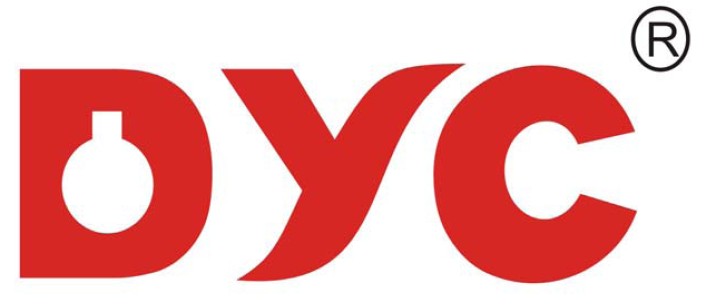
 Five years of qualification
Five years of qualification
 Audited Supplier
Audited Supplier
In This Store
Category:Active Pharmaceutical Ingredients
Product Name:Titanium 7440-32-6
CAS No.:7440-32-6
Standard:In-house Standards
Price(USD):0.00
Company:Hangzhou Dingyan Chem Co., Ltd
Grade: Pharmaceutical Grade
Factory Location: hangzhou
Main Sales Markets: North America,Central/South America,Western Europe,Eastern Europe,Australasia,Asia,Middle East,Africa
Sample Provided: no
| CAS:7440-32-6 MF:Ti |
Titanium has metallic luster and ductility. The density is 4.5 grams per cubic centimeter. Melting point of 1660 plus or minus 10 ℃. The boiling point of 3287 ℃. Plus 2, plus 3, plus 4. The ionization energy is 6.82 electron volts. Titanium is characterized by low density, high mechanical strength and easy machining. The plasticity of titanium depends largely on its purity. The more pure the titanium, the greater the plasticity. Good corrosion resistance, not affected by the atmosphere and sea water. Under normal temperature, it will not be corroded by hydrochloric acid, sulfuric acid, nitric acid, aqua aqua or dilute alkali solution less than 7%, less than 5%; Only hydrofluoric acid, concentrated hydrochloric acid, concentrated sulfuric acid, etc.
Corrosion resistance
Titanium is a very active metal, its equilibrium potential is very low, the tendency of thermodynamic corrosion in the medium is large. But in fact, titanium is very stable in many media, such as titanium in oxidation, neutral and weak reducing medium is corrosion resistance. This is because titanium and oxygen have a great affinity, in the air or in the medium containing oxygen, titanium surface formation of a dense, strong adhesion, inert large oxide film, to protect the titanium matrix from corrosion. Even mechanical wear and tear can quickly heal or regenerate. This indicates that titanium is a metal with a strong tendency to passivation. Medium temperature under 315 ℃ titanium oxide film has always been to maintain this feature.
In order to improve the corrosion resistance of titanium, surface treatment technologies, such as oxidation, electroplating, plasma spraying, ion nitriding, ion implantation and laser treatment, were developed to enhance the protective effect of titanium oxide film and obtain the desired corrosion resistance effect. A series of corrosion resistant titanium alloys, such as ti-mo, ti-pd, ti-mo - ni, were developed to meet the needs of metal materials in the production of sulfuric acid, hydrochloric acid, methylamine solution, high-temperature wet chlorine gas and high-temperature chloride. Ti-32 molybdenum alloy is used for titanium casting, and ti-0.3 molybdenum-0.8 nickel alloy or ti-0.2 palladium alloy is used for titanium equipment in the environment where crevice corrosion or pitting corrosion often occurs, both of which have achieved good results.
Good heat resistance
New type of titanium alloy at 600 ℃ or higher temperature for long-term use.
Good resistance to low temperature
Titanium alloy TA7 (ti-5al-2.5 Sn), TC4(ti-6al-4v) and ti-2.5 zr-1.5 Mo, etc. are cryogenic titanium alloys. Their strength increases with the decrease of temperature, but their plasticity does not change much. In - 196-253 ℃ low temperature keep the good ductility and toughness, avoid cold brittleness, the metal is a cryogenic vessel, tank and other equipment ideal material.
Strong damping resistance
Compared with steel and copper, titanium has the longest vibration attenuation time after mechanical vibration and electric vibration. The performance of titanium can be used as tuning fork, vibration component of medical ultrasonic crusher and vibration film of advanced audio speaker.

Contact Us
Tel: (+86) 400 610 1188
WhatsApp/Telegram/Wechat: +86 13621645194
Follow Us:




 Pharma Sources Insight January 2025
Pharma Sources Insight January 2025


